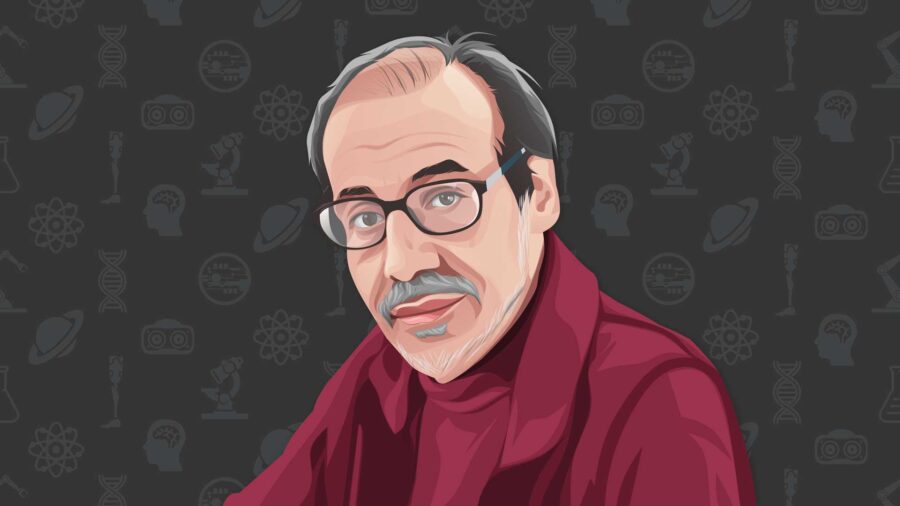Humanity 2.0 starts to challenge a lot of the assumptions of Humanity 1.0, especially in terms of issues having to do with limitations. So in other words, you might say there are two ways to go on Humanity 2.0. And in my writing, I associate these with the transhuman and the posthuman, respectively.
Archive (Page 1 of 4)
I don’t understand the fear. And that’s the biggest threat. And the reason it’s a threat is it makes your judgment bad. You never make good decisions when you’re afraid. And it destroys your ability to clearly look at the facts and do something. You choke, in other words.
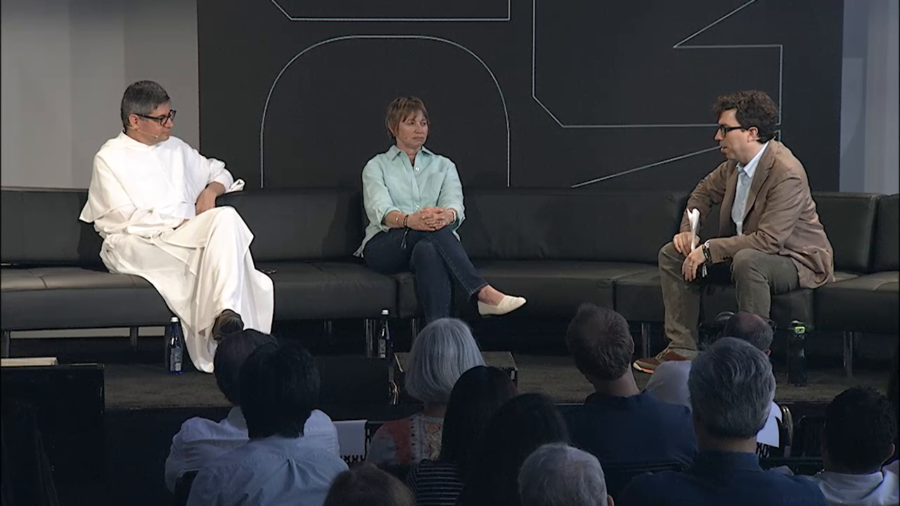
The challenge for the Church and for the theologians was to say okay, perhaps that’s what is written. But for example if you consider that God has delivered the Creation in seven days, knowing that nowadays Amazon can deliver everything on Earth overnight, it means that Jeff Bezos has defeated God? Or does it mean something different? And I think it means probably something different.
Historians get really nervous about patterns. That’s changing a bit now. And the truth of it is there’s not much way to avoid the 500-year cycle. You almost have to work too hard to unsay it, it’s so obviously there in every way. And if you say every 500 years we go through one, then you immediately say we’re in the 21st century and baby are we going through one.
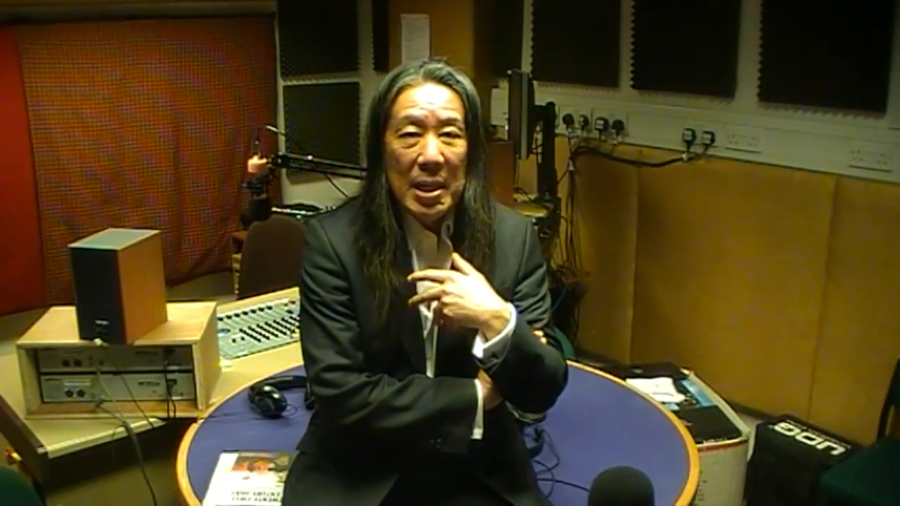
As we enter May 2017, the city of Mosul, held stubbornly by ISIS forces, has still not fallen. What has become a siege of the city is now a fight almost on a street-by-street basis for the old city.
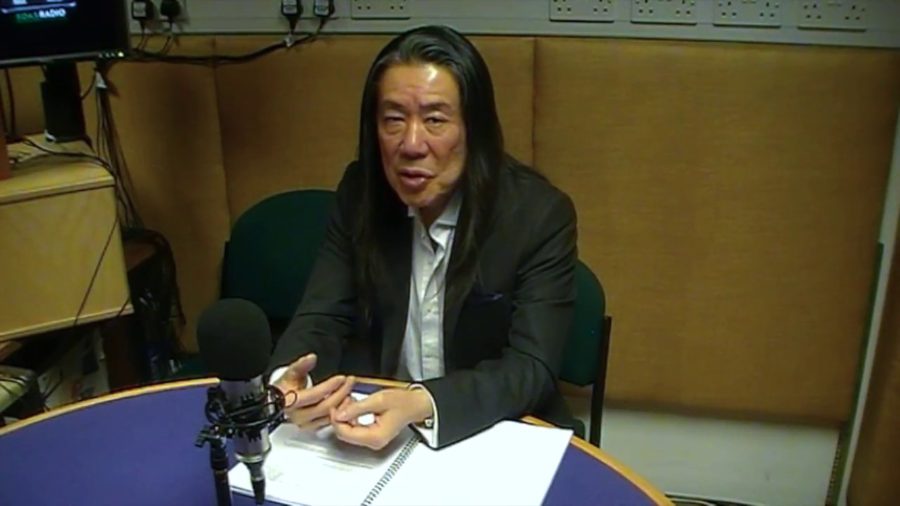
As Israeli Zionism began acquiring a greater and greater orthodox determination, a determination to expand borders to what they were at the height of the Biblical sense of what had been Israel underneath King Solomon, the response of the Arab states and the response of the Palestinians was very divided.
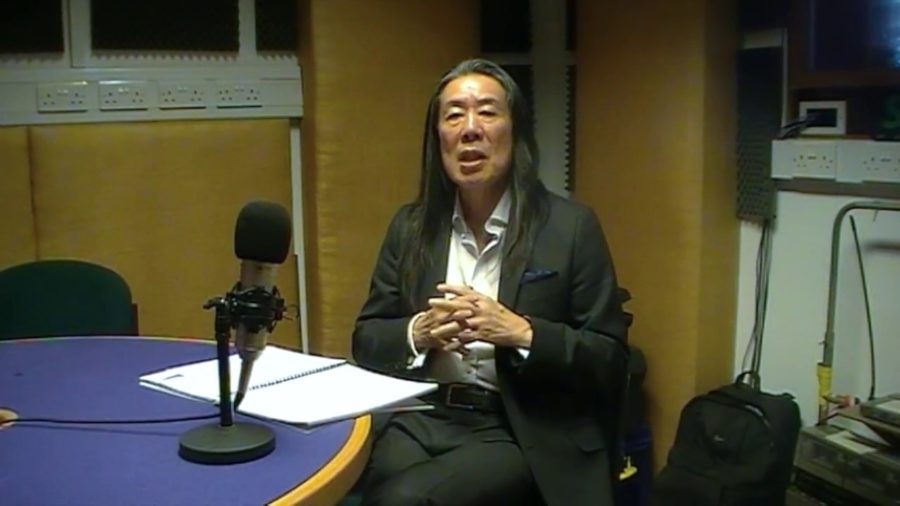
It’s an emotive term, a value-laden term, every time we mention Zionism. In fact, as a modern doctrine—and that’s what it is, quite a modern doctrine—it’s only really been around a relatively short time. Really it came into being at the end of the 19th century, where pressure groups and Jewish congresses led by people like Herzl began to contemplate the possibility of a homeland for the Jews.
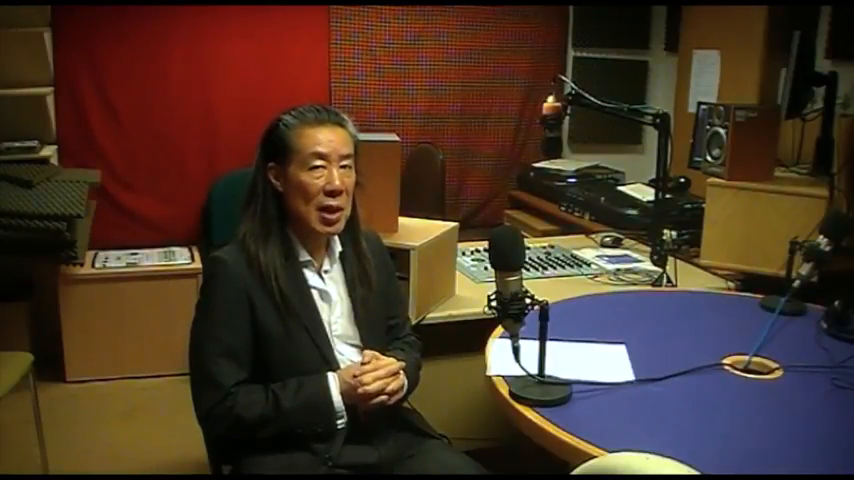
As we speak today, the Chinese authorities are cracking up a very very large-scale and what promises to be an incessant security drive in Xinjian Province in northwest China against what the Chinese government calls Islamic extremists. What in fact the Chinese government means is it’s launching a drive against dissent from the Uighur people who’ve lived there for centuries.

At the time when he lived in 500 BC, [Confucius] was the epitome of good governance. He was the epitome of progressive ways towards a peaceful and just order. And he pioneered many things that we would regard today still as extremely important.
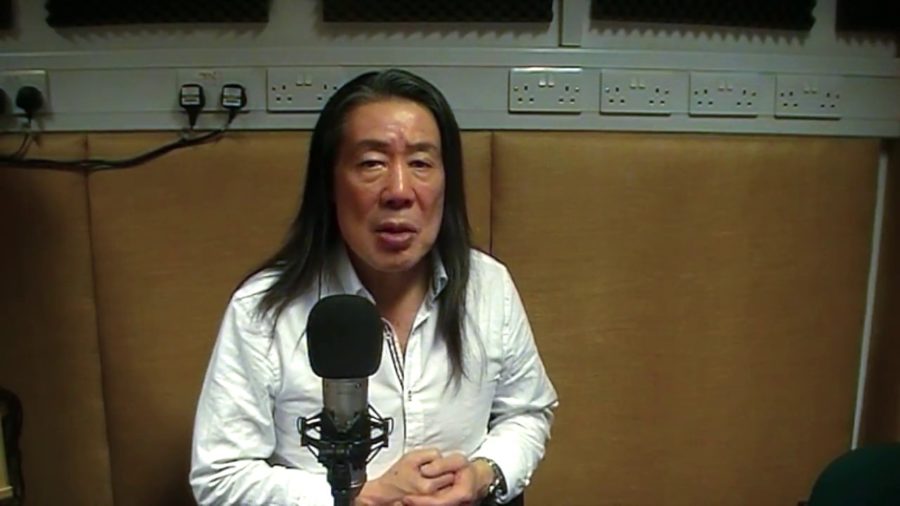
It seems a very strange thing to label Buddhism as something fundamentalist. As if by being fundamentalist it might also be accused of causing the same kind of carnage and difficulty that we associate with fundamental Islam. And yet the very gentle religion, the religion of peace, the religion of compassion, is also a religion which is just as capable as other religions of causing carnage, of causing atrocity, and causing great loss of life.

